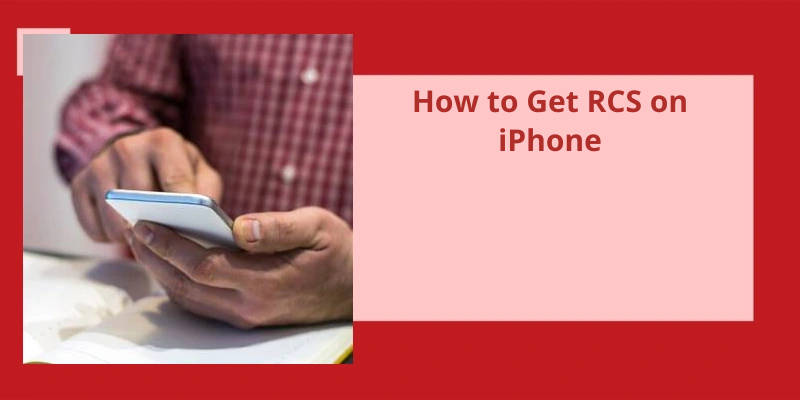In today's modern world, email has become a routine method of communication. We use email to send important messages, exchange information, and keep in touch with one another. However, sometimes we may want to add a personal touch or express our emotions through our emails, including expressing pleasure or happiness. While there’s no hard and fast rule about using such language in email, it’s essential to consider the recipient's perspective and the particular context of the situation at hand. In this regard, it’s advisable to use appropriate language and phrasing that convey your sentiments effectively without coming across as insincere or artificial. In this article, we will explore the nuances of expressing pleasure in emails and the best practices to follow when doing so.
Is It Professional to Say It Was My Pleasure?
In a professional setting, such as a job interview or business meeting, it’s important to maintain a level of professionalism in all aspects of communication. While “my pleasure” may seem like an informal phrase, it can actually be appropriate in certain situations. If a client or colleague thanks you for completing a task or providing assistance, responding with “my pleasure” can help to convey that you’re happy to have helped and that their satisfaction is important to you.
However, it’s important to be aware of the context in which you’re using the phrase. In some settings, such as a highly formal board meeting or legal proceeding, using colloquial language like “my pleasure” may not be appropriate. In these situations, it’s best to err on the side of caution and use more formal phrases like “youre welcome” or “it was my pleasure to be of assistance.”
If in doubt, it’s always best to default to more formal language until you’ve a better understanding of the context and expectations of those around you.
Even a well-intentioned phrase like “my pleasure” can come across as insincere or patronizing if it isn’t accompanied by a genuine smile or tone of voice. Paying attention to nonverbal cues and body language can help you avoid misunderstandings and ensure that your communication is received as intended.
In general, it can be a polite and appropriate way to acknowledge someones thanks and express your own satisfaction in assisting them.
When it comes to ending a conversation, it’s important to choose the right words depending on the context. While there might be some confusion about whether saying “it was a pleasure speaking with you” is professional, it’s essential to understand the nuances of the language. Let’s take a closer look.
Is It Professional to Say It Was a Pleasure Speaking With You?
However, the phrase “it was a pleasure speaking with you” is still considered professional and courteous. It conveys a sense of positivity and gratitude towards the person you were speaking with. Saying this after a business meeting or phone call can help leave a lasting impression and build rapport.
However, in certain industries or professional settings, using more formal language is expected. It shows that the speaker is taking the conversation seriously and has a high level of professionalism. Additionally, using a more formal expression of gratitude can distinguish someone from others who may only use more casual phrases.
Ultimately, the decision to use “it was a pleasure speaking with you” versus “it was a pleasure talking to you” will depend on the context of the conversation and who the speaker is addressing. As with all language choices, it’s important to consider the audience and the situation before making a decision on the most appropriate phrase to use.
The Role of Gratitude in Professional Communication
Gratitude plays an important role in professional communication as it helps to strengthen relationships, build trust and foster collaboration. Expressing appreciation towards colleagues, clients or customers can lead to more positive interactions and improve overall workplace dynamics. It shows that you value them as individuals and their contributions to the team. By cultivating a culture of gratitude, it can also increase productivity and motivation within the workplace.
Source: Is it okay to write ‘it was a pleasure speaking to you today’ …
Conclusion
However, it’s important to be mindful of the context and the recipient's perspective. What might have been a pleasurable experience for you may not have been the same for them. Always be clear and specific about the context, and try to avoid generic or vague statements. With a little thought and consideration, you can successfully convey your enjoyment in an email without coming across as insincere or robotic.





